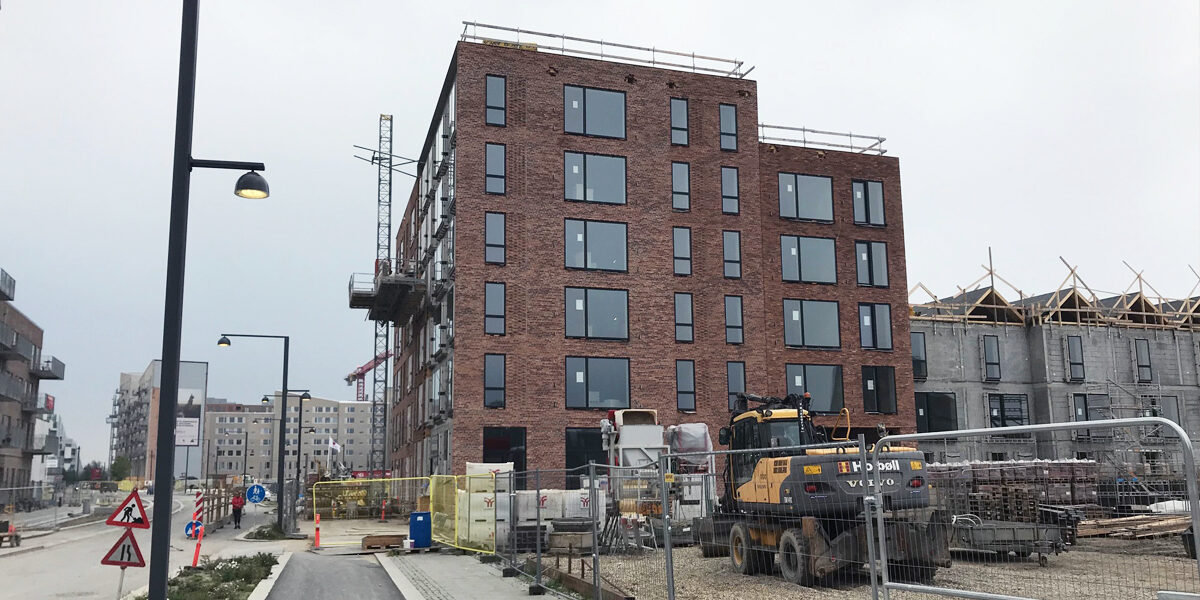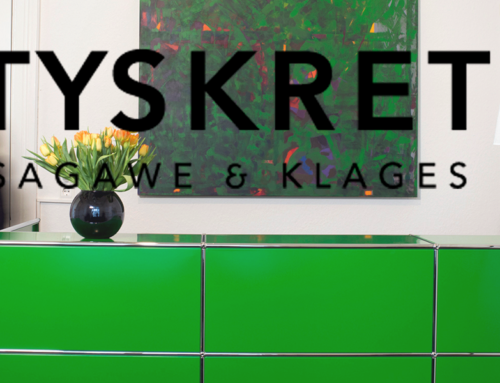Minimum and Maximum Fees according to HOAI (German Fee Scale for Architect and Engineers) are in contradiction to European Law. After the decision of the European Court of Justice, Germany now must amend the Fee Scale accordingly. However, with the HOAI still valid, are architect´s fees now freely negotiable? Find out in our article.
What has happened concerning minimum and maximum fees according to HOAI?
Following the conclusions of the Advocate General on 4 July 2019 the European Court of Justice (ECJ) decided that the minimum and maximum fees according to § 7 par. 1 HOAI („Verordnung über die Honorare für Architekten- und Ingenieurleistungen“, German Fee Scale for Architects and Engineers) violate the European Directive on Services (Dienstleistungsrichtlinie), ECLI:EU:C:2019:562. The German legislation is therefore obliged to amend the HOAI accordingly.
What does that mean for planning procedures in Germany?
The German Fee Scale for Architects and Engineers (HOAI) in general is still valid. The court decision only refers to the obligation to agree on fees within the allowed price range (minimum and maximus fees). The HOAI however contains several further subjects:
- Regulations on the calculation procedure for fees (e.g. the so called Honorartafeln)
- Form requirements
- Scope of Services (Leistungsbilder)
The consequence of the ECJ court decision therefore is that the parties of a future architect or engineer agreement will be able to agree on a remuneration which lies below the minimum fee according to HOAI or above the maximum fee according to HOAI.
Public authorities are already bound by the new jurisdiction (e.g. they are not allowed for requiring offers by architects within the minimum/maximum price scale in their tender documentation anymore). It is however highly disputed in German legal literature if private entities are also already free to negotiate architect´s fees now or only after the German legislation will have presented a reform of the HOAI. Hence, at the moment a potential claim for the minimum fee by an architect might still be successful (same applies of course to the argument that maximum fees are exceeded).
The German Federal Ministry of Economy has however already announced a reform of the HOAI. We will keep you posted on the further development.
What will be the content of a “new HOAI”?
The new HOAI will most likely not abandon the general structure of the current regulation as the HOAI is the basis for any architect and engineer agreements in Germany since decades. Parties to such agreements use the HOAI – which as such is only binding with regards to fee regulations – in order to determine the agreed services (Leistungsbilder) and the calculation procedure for architect fees. The legislator might therefore try to obtain as much as possible of the content of the HOAI.
The headline “HOAI is dead” (widely spread after the ECJ court decision) is therefore certainly not reflecting the actual situation.
Does the ECJ decision also have influence on existing agreements or even pending lawsuits?
This is also discussed controversially in German legal literature and jurisdiction. Higher courts have recently decided in different directions – whereas a binding decision by the Federal Court of Justice (BGH) is still outstanding.
The possible reaction on an architect´s claim for higher remuneration therefore needs to be evaluated in each case individually. We are happy to assist in such matter.
If you have any questions, please do not hesitate to contact us



